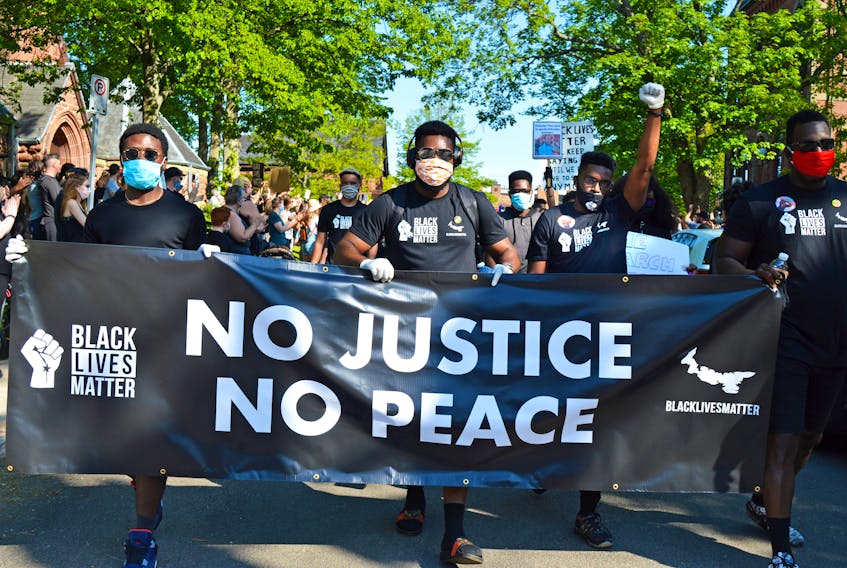Like many people across the world, I was horrified by the video of the death of George Floyd under the knee of a police officer in Minnesota and the total lack of human decency exhibited by this action. His death has sparked protests across the world and there is hope that his death may lead to systemic changes in how the Black population and other groups are treated in society. While the focus of this change is happening across America, other countries, including Canada, have been forced to examine how our systems treat different racial groups and whether all Canadians are treated the same, regardless of colour or ethnicity.
The incident that sparked these protests has brought a focus on our police organizations and the excessive use of force that is often used when responding to a call involving a person of colour. One of the responses that has created a lot of discussion is a call to "defund the police", a phrase that is not clearly understood by many. While there are some protestors who want get rid of police forces altogether, this phrase refers to re-allocating a portion of the funding for policing into social programs that target the underlying poverty that is often experienced by people of colour. The belief is that providing more funding to communities at risk will reduce crime rates thus preventing negative interactions with police in the first place. Proponents of this approach point to the fact that in many large American cities that experience these types of issues, the budget for policing far exceeds the budget for social problems, while the problems continue to grow.
If people are serious about taking this approach, it is vital that that we don't cut police funding to the point that they will be unable to do their jobs in protecting the public. Just as it is wrong for some police officers to assume that an interaction with a Black person could lead to violence, it is equally concerning that Black people have the worry that any police officer who approaches them will needlessly use violence against them. The vast majority of Black people are law-abiding and the vast majority of police officers treat all people fairly; the mistrust that presently exists is due to a few bad apples.
Having said that, the onus is on police to work to change this perception. They are the ones in authority and the way our system is set up, those "bad apples" are too often protected by regulations instead of being held responsible for their behaviour. This needs to change if there is to be trust moving forward and real oversight over incidents of police misconduct needs to be developed and implemented.
It would also be prudent if we examined what types of calls we presently expect our police to respond to and whether other community professionals could better meet this need. This is particularly true for incidents involving citizens undergoing mental health crises, as evidenced by the recent tragic shooting of an aboriginal woman in New Brunswick. While the presence of police may be necessary in some of these incidents, mental health workers who are trained in this area may have been able to have a different outcome. The Mobile Crises Response Unit here in St. John's has been effective in responding to people in mental health difficulties and would make a good model for some of our American friends to consider.
It is clear from recent events that things need to change and there appears to be a real appetite among people for this change to happen soon. While it is important that we make sure real action comes out of this tragedy, we do need to think carefully about the long-term impact of any reforms we introduce so that we don't make a bad situation worse. When it comes to our police forces, we need to make sure that we avoid the mindset of "us versus them" and adopt one that works co-operatively to create effective policing that serves to protect everyone in our society.
Brian Hodder works in the field of mental health and addictions. He can be reached at [email protected].









